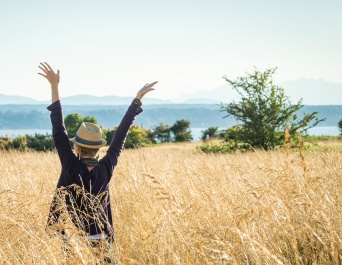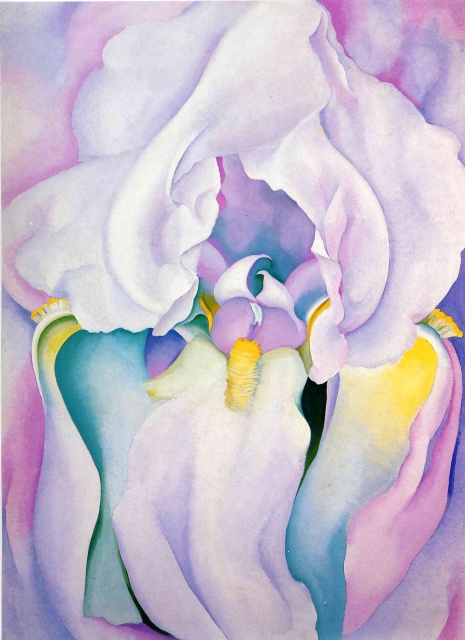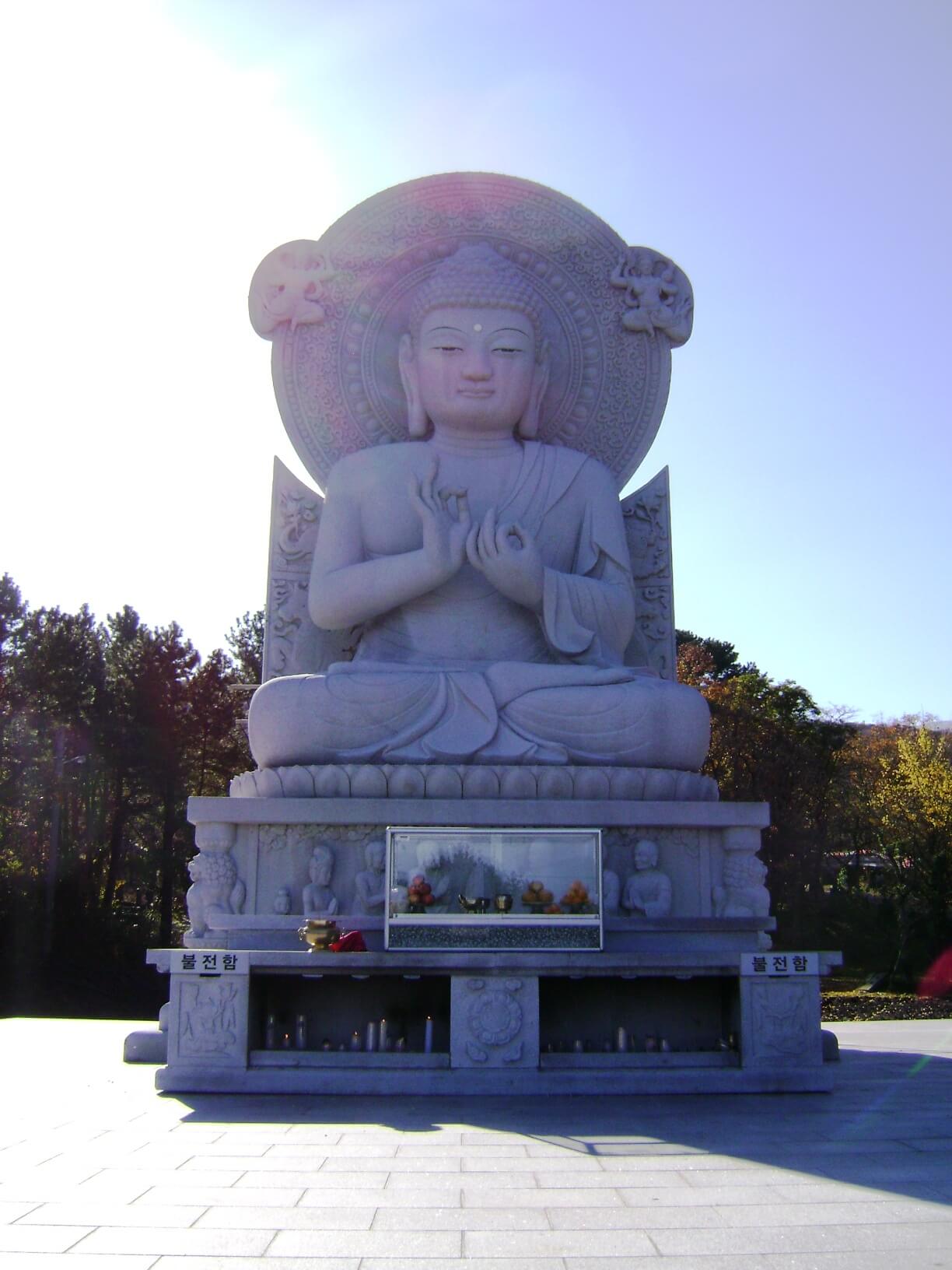Sssshhhh…
I want to share with you something very secret and very sacred. Something most people would never dream about which can totally change your life…
A yoni massage.
Yoni is the Sanskrit name for vagina, but it actually translates as temple or womb. Yoni is sacred and revered, unlike some of our common words for vagina, like pussy – which often is used derogatorily to mean weak. (Sidenote: I’m taking that word back.) Yoni is a symbol of the goddess as power, energy, life: the sacred feminine embodied.
Yoni
The term “yoni” does not only refer to women or bodies that have vaginas. All humans possess both masculine and feminine energies (also called yin and yang), so we can begin to understand our own yoni (sacred womb) as the deepest temple in our being, with the reverence that the Tantrics gave our human sex: fully divine.
For those assigned female or who have transitioned into assigned female sexual organs, the yoni refers directly to the vulva, vagina and cervix (as well as the rest of the reproductive system, but we’ll stick with the external parts for the sake of explaining yoni massage). Tantrics have long said that vaginas are to be revered, worshipped, adored and fully seen – and have created countless rituals and practices to do just that.
Cunts
Sadly, that is not often the way we experience our sex or how others view or treat our sex. Cunts have been given a pretty bad rep, and far too many people have experienced sexual repression, denial, coercion, manipulation, pressure, trauma, or violence. For many people, sexual interaction and expression aren’t times in which we feel revered and adored.
As an intimacy and relationship coach, it is my mission to change this pattern, one person at a time. My favorite way to spur this change is to spend time adoring, worshiping, and yes, massaging yonis.
What is a yoni massage, you ask? Think about a massage on any other part of your body: safe, loving touch and energetic opening to experience being in the body, relax, soothe, and deeply heal. A yoni massage is exactly that: safe, loving touch and energetic opening to reclaim embodiment, heal wounding and trauma, bring full acceptance, and open the flow of unconditional love throughout the body and into the yoni.
A Yoni Massage
A yoni massage is a chance for the yoni to be seen, petted, explored, mapped, desired, cared for and pleasured without any other sexual touch. No reciprocity. No expectation. Two or more hours just exploring the yoni and all of its unique, individual contours, hot buttons, sensitivities, and quite possibly traumas and stored emotions.
All yonis can benefit from this sacred and reverent touch, whether you’re attending the session with a specific need to heal, to orgasm, to be seen, or just to have space away from the rest of life. As a person with an active sex life, I still benefit from regular yoni massage to learn about myself, experience new sensations, and to commune with the divine. It helps me feel deeply seen and appreciated, safe, and held.
Every experience is unique. Every person’s intention is different. All bodies and experiences are welcome. All emotions, feelings and experiences are held with openness and acceptance. Instruction is slow, generous and soft. Requests are welcome. Boundaries are firmly communicated and respected. Consent and communication are explicit and professional. Hearts are opened. Bodies and psyches are healed. Wounds are seen and repaired. Experiences are confidential and continuously supported after the session. Questions are welcome!
For yonis who are healing from sexual violence or trauma, challenging relationships, a time of celibacy or a lack of physical touch, yoni massage can bring you back into connection with your physical body. It can invite you to engage with life in ways that might have felt inaccessible or closed off. It can heal a broken heart, or a series of them. It can awaken sensation you thought was dead, or just very dormant. It can reconnect you to YOU.
Curious to learn more right from your home? Check out the Yoni Massage 101 Course at Beducated! It’s a step-by-step program to learn how to give and receive a Yoni (Vulva) Massage. Suitable for singles and couples of all genders…and includes Yoni Self-Massage!
Here’s a few more online courses in Yoni practices…
Yoni Egg 101
Yoni Yoga




